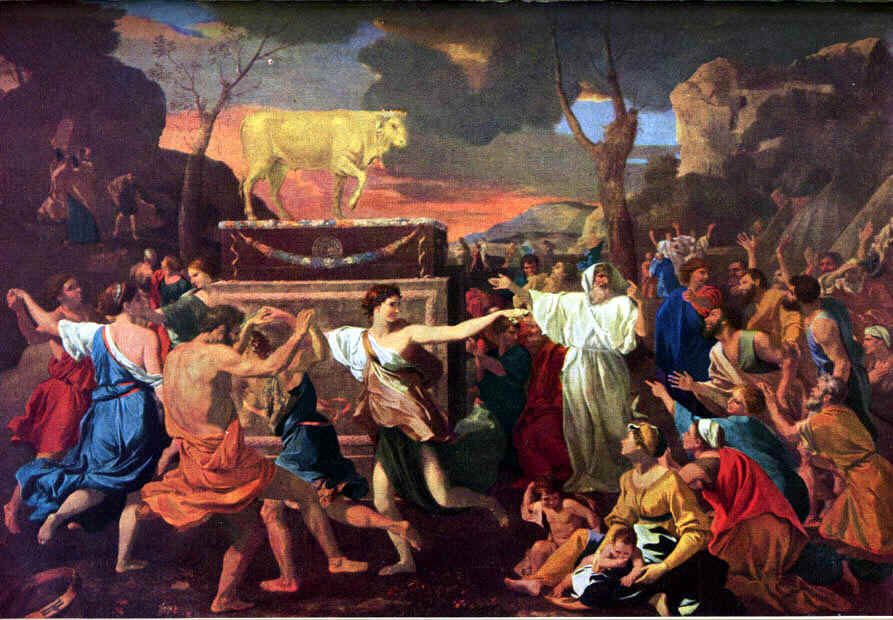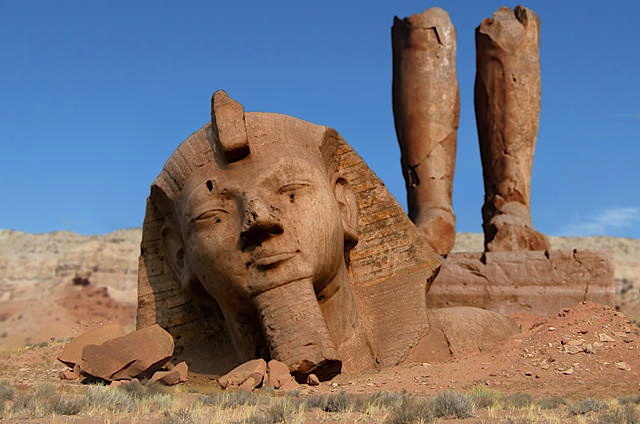 |
| Image: Jonathan Case |
I shall never forget the days when I first met my two children – when they came into the world, when I was given the privilege of speaking out loud the names we had already chosen for them, when I held them in my arms for the first time. Not to put too fine a point on it, my part was a lot smaller than my wife’s in the matter. But my goodness it was a powerful experience – and it made me think about the world we were bringing them into. When our daughter was born ten years ago, I had been doing a lot of work with scenario planning, which looks into the distant future, decades hence, to ask the various possible ways the world could turn out – and I thought a lot about the year 2025 when she’d be an adult. Holding this new life in my arms made me think deeply about the future. I think it’s an experience a lot of new parents have had.
And it was the basis of the mighty song of praise and prophecy that Zechariah spoke and which we’ve just heard. Except his experience of being a new parent was even more discombobulating than most people’s. First, both he and his wife were far beyond childbearing age, this was a baby who should never have been. Second, he had spent the past nine months unable to speak because of his lack of trust in the message that the angel gave him. And third, immediately after he wrote that the child’s name was to be John, which means God is gracious, his speech comes back and he’s suddenly filled with the Holy Spirit and given a message from God. Not quite the everyday birth experience.
We’ll talk in a moment about what Zechariah said, but let’s first think about that word prophecy. Zechariah is said to have spoken prophecy. And his son John is later said to be a prophet who prepared people for the arrival of the Messiah. Neither, and this is really important, were soothsayers, foretellers of the future. Rather, they were individuals seized by God, compelled by God, filled with God’s spirit, to convey a message to the people of God. Prophecy is not about the future, it’s about the now. And it’s usually a message of change, for the people of God as a whole.
So I think in some ways it’s helpful to see the two prophets’ words, decades apart and proclaimed in very different settings – the purity of the Temple at Jerusalem where Zechariah was a priest, and the wildness of the desert where John went to preach – as being one. They’re both all about salvation – how the people of God will be saved from the things that oppress and enslave them. From their enemies, from the things they’ve done wrong, from the tyrants which beset them.
Zechariah begins with a theme of favour – that God has looked favourably on his people and redeemed them. Mary talked about God looking in favour on her, in her song of justice that we call the Magnificat. Jesus begins his public ministry by reading from Isaiah about proclaiming the year of the Lord’s favour. This is such an important starting-point, especially when we move on to talk about sin and redemption and repentance. God gives his favour to his people. Going back to parenting, it’s an absolute no-no to declare one child a favourite over another. But God is very clear that he shows favour on his people. He is not angry with his people. He is a God of love. Advent is not a time to dwell on the wrath of God, but to bask in the love of God.
But of course a loving God recognises that we live in a dark world. My translation, the NRSV, has the most wonderful phrase near the end of Zechariah’s song, that “the dawn from on high will break upon us”. Light is coming into the world. The people of God needed that light so much in the days of Zechariah and John, and the people of God need it all the more today. And that’s what Zechariah promises us – “light to those who sit in darkness and in the shadow of death, to guide our feet into the way of peace”.
Our modern Christian understanding of the word ‘salvation’ which go throughout this passage has become coloured by individualism and a theology which is over-focused on atonement. The way the word salvation appears in the gospel of Luke has much more to do with the whole community. It’s the people of God who are to be saved. And what they’re saved from is sitting in darkness and the shadow of death. Imagine God saying these words through his prophet to the people of Syria, and of course they apply there just as much as they did in Palestine two thousand years ago. God’s message was not then, and is not now, “you’re free from your sins, you’ll live in the next life”. God’s message in Syria is: “You are free from the current darkness besetting you. You are free from the abomination of Daesh, and the terrible misrule of Assad, and the bombs falling upon you from warmongers in Western nations, and the perils that your people suffer when they try to flee. You are set free from all that death and darkness.”
It’s a big promise, one that goes against how we see the world. But that is the kind of salvation that Zechariah is offering. And even more strongly, that is the kind of salvation John was prophesying when he was calling out from the wilderness and quoting in turn Isaiah’s prophecy. He said that the low places would be lifted up and the high places brought down. To me that’s a clear message about power – that those in power need to be very afraid indeed. Luke emphasises it by giving us this big long list of really powerful people around at that time, to be really clear when he was talking about and also what a bunch of really horrible rulers were around – and then suddenly out of nowhere appears this wild man from the desert, proclaiming repentance. No wonder the rulers hated him, no wonder Herod had him put to death. John had the audacity to come out of the priestly class of Zechariah, but to be a renegade member of that class who wanted to put down authority. It was a kind of revolution.
There’s one more thing to be said about the kind of revolution John was proclaiming. It wasn’t just for the Jewish people. The Good News Bible has it really clear: “The whole human race will see God's salvation!” The prophecy of Zechariah was aimed at the Jewish people and could be read as just applying to them. But John wasn’t just interested in his own people. He was interested in the whole world. And of course that’s the story we see so often in the gospels, especially in Luke’s gospel – Jesus came to bring salvation to the whole world. And not just the whole world in terms of nations and peoples, but also in terms of people within nations. This is not just a salvation of the elites, of the fortunate ones. This is a salvation also for the people of the margins, the oppressed people, the ones who will be lifted up when the valleys will be raised. They’re the people that Jesus ate with and called his friends – poor people, women, ethnic minorities, sexual minorities, refugees. It’s those people that John says will see the salvation of God, that Zechariah says will be given light.
So how do we as individuals and as communities seek that salvation? We do it, says John, by repentance. The Greek word doesn’t just mean give up your past sin, it means a complete transformation in the way you understand the world and the way you act in the world. One commentator describes it as “rethink everything” or “question your assumptions” or even “have a deep turnaround in your thinking and values”.
Because this is what Advent is about. Yes, it’s about getting ready for the incarnation, the enfleshment, of our Lord and Saviour in a stable in Bethlehem. But it’s about being ready for that to happen in our lives. Advent is about preparing the way for the Lord in our own lives. It’s about turning away from the powers of the world, the ones which require us to obey their commands. Those powers demand that we should try to gain material wealth, that we should try to obtain worldly power. They tell us that we’ll be happy if we have the latest gadgets and a big car and holidays of a lifetime, and all the rest of it.
The message of Zechariah and John is altogether different. It calls us to repent of those things, to celebrate the salvation that God brings to all. And it calls us to prepare a way for the Lord in our own souls, to make the paths straight, to fill valleys and bring low hills, to smooth the rough and straighten the crooked. It calls us to build a six-lane highway right into the deepest parts of our hearts and right into our lives, where the living God can march straight in. And then we, and then all peoples everywhere, will see the the dawn from on high breaking upon us, to give light to those who sit in darkness and in the shadow of death, to guide our feet into the way of peace.
May it be this way for us all this Advent season, and for the whole world which needs it so very much. Amen.



























